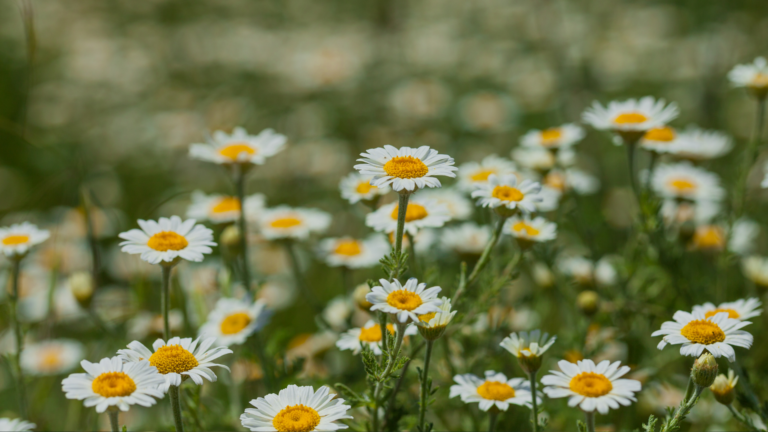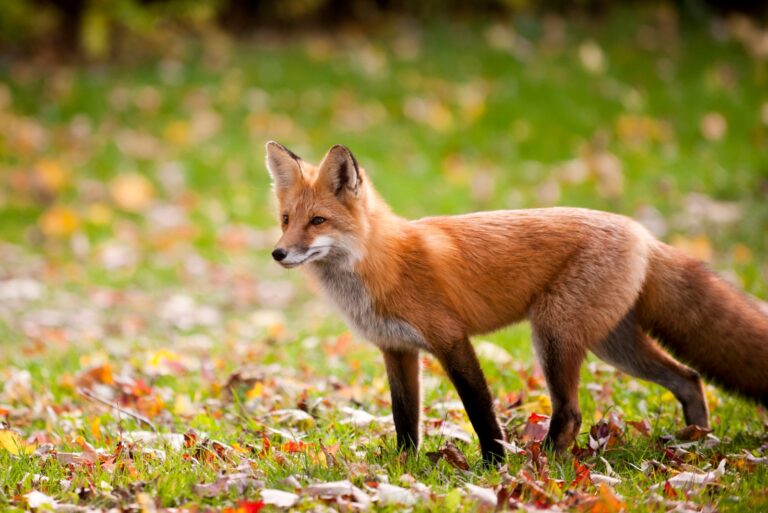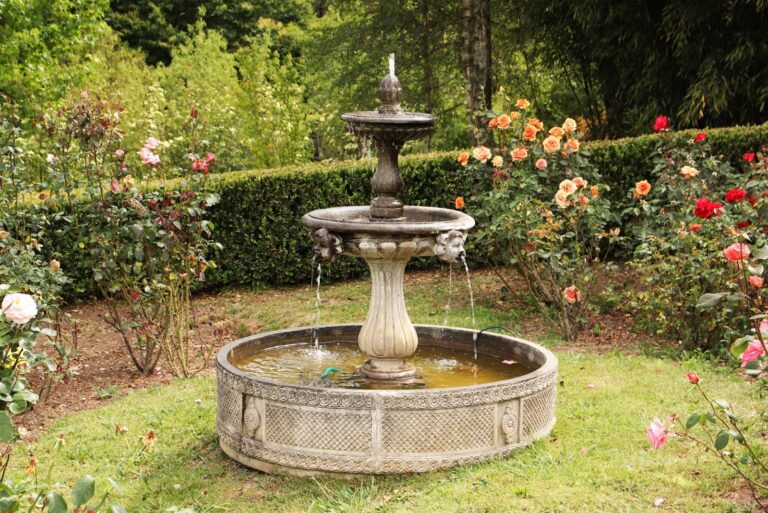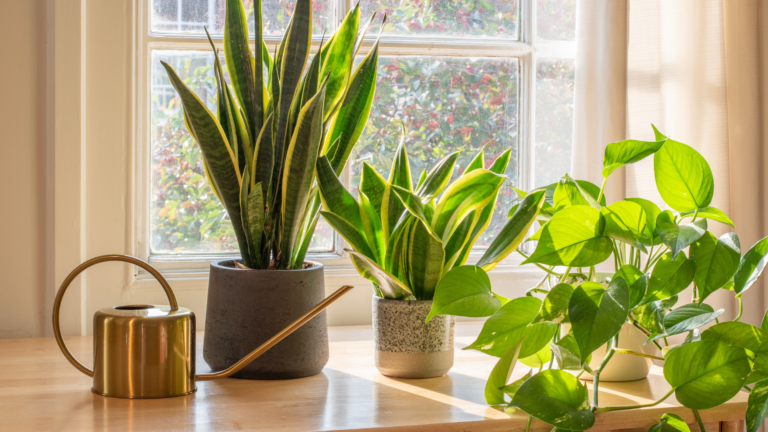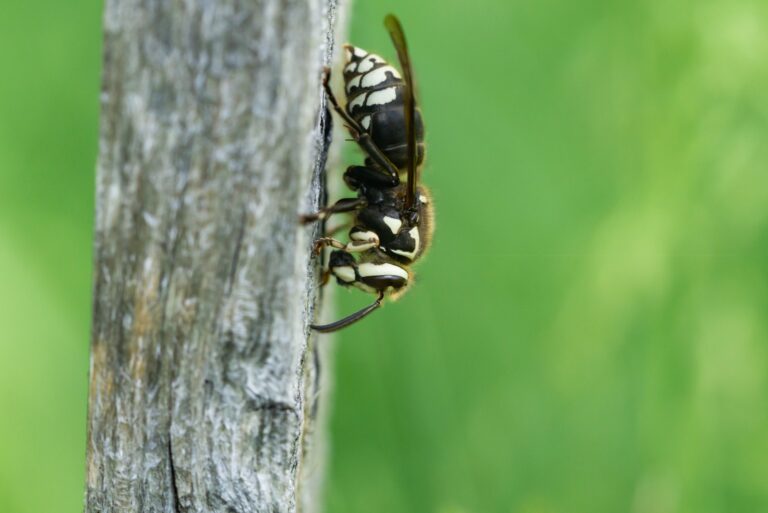11 Backyard Crops That Could Get You Into Legal Trouble In Louisiana
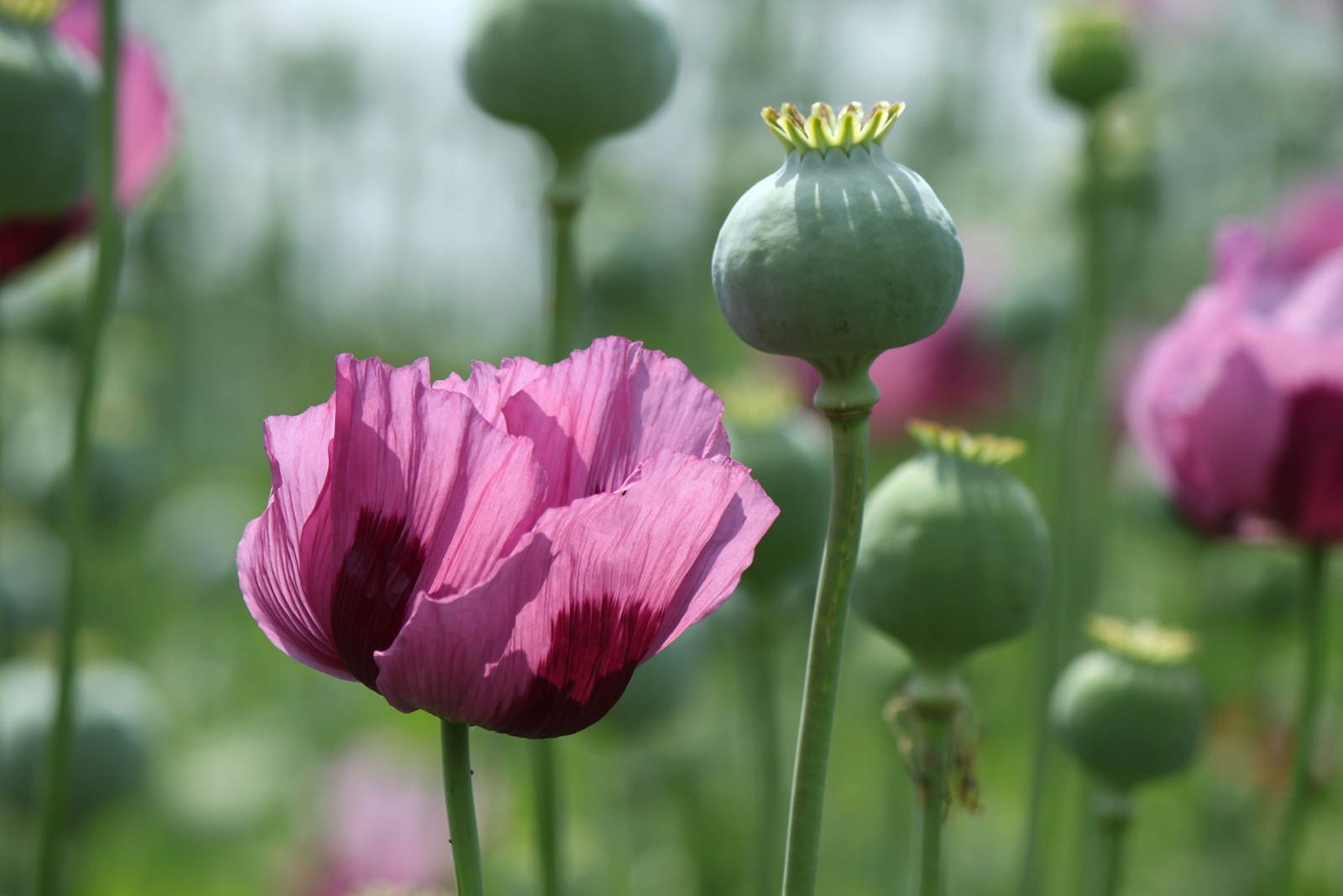
Growing your own food can feel rewarding, but not every plant is welcome in Louisiana backyards. Some crops might seem harmless, yet local and federal laws can turn your garden into a legal headache.
Understanding these restrictions helps you stay on the right side of the law while enjoying your green space.
1. Cannabis Plants

Federal law still classifies cannabis as a controlled substance, making cultivation illegal even for personal use in Louisiana.
While some states have relaxed their rules, Louisiana maintains strict penalties for growing marijuana without proper medical licensing. Even a single plant can lead to arrest and prosecution.
Law enforcement actively monitors for illegal cultivation, and neighbors sometimes report suspicious gardens. Stick to legal herbs like basil and oregano to avoid serious consequences.
2. Opium Poppies (Papaver somniferum)
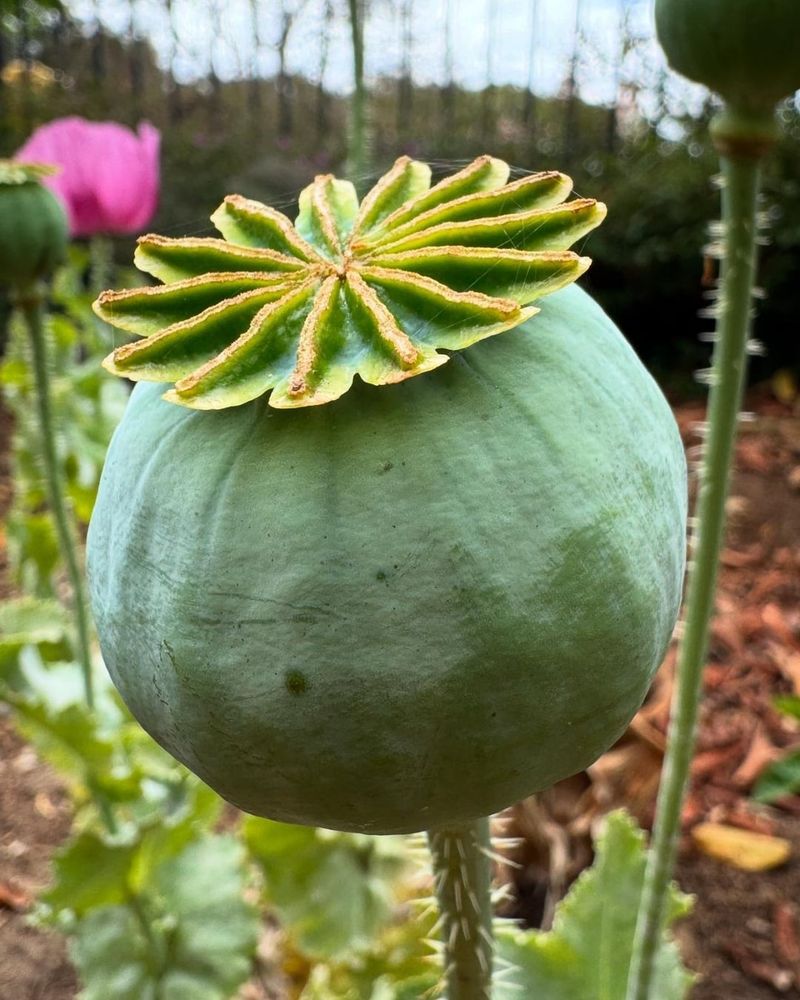
These beautiful flowers produce seeds used in baking, but the plant itself contains controlled substances. Louisiana law prohibits cultivating opium poppies because they can be processed into illegal narcotics.
Many gardeners accidentally plant them, not realizing the legal risk. Federal authorities can prosecute anyone growing these poppies, regardless of intent. The distinctive seed pods make them easy to identify during inspections.
Choose ornamental poppies like California or Iceland varieties instead, which remain perfectly legal throughout Louisiana and pose no legal concerns whatsoever.
3. Coca Plants
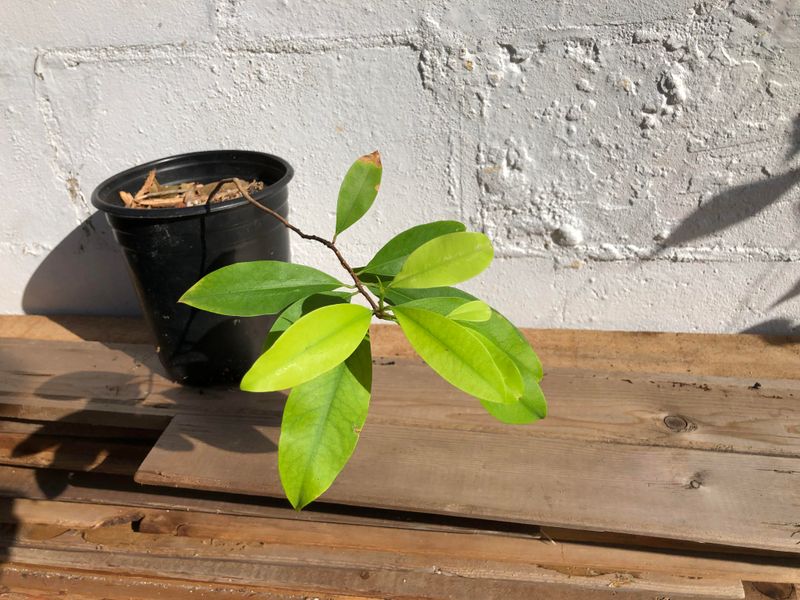
Coca leaves are the raw material for cocaine, making their cultivation strictly forbidden under federal law. Louisiana authorities work with federal agencies to eliminate any coca plants discovered in the state.
Some people mistakenly believe growing small amounts for traditional tea is acceptable. However, possession of coca plants carries severe penalties, including potential felony charges.
The subtropical climate in southern Louisiana could theoretically support these plants, but attempting cultivation invites serious legal trouble. Avoid any plant associated with controlled substance production to protect yourself from prosecution.
4. Peyote Cactus
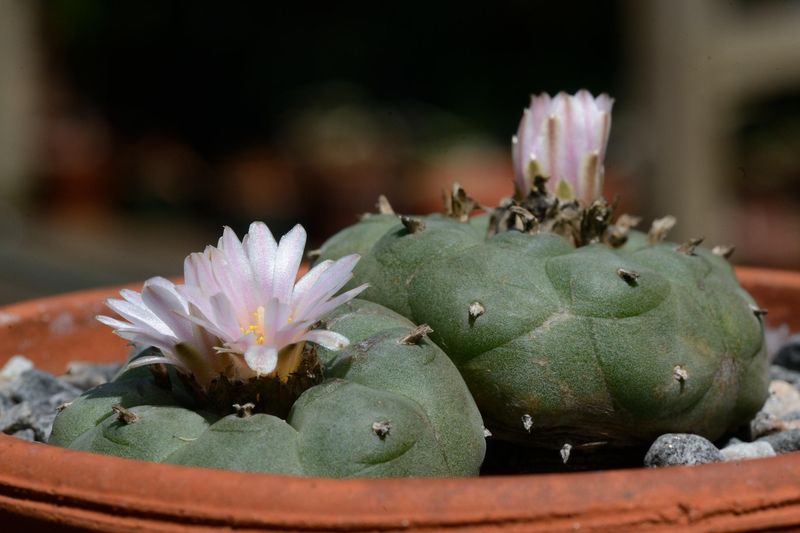
This small cactus contains mescaline, a powerful hallucinogen that places it under federal controlled substance laws. Growing peyote without specific religious exemptions violates Louisiana and federal regulations.
Native American Church members have limited legal protection for ceremonial use, but this exception doesn’t extend to casual gardeners. Cultivating peyote can result in felony charges and substantial fines.
Louisiana’s climate isn’t ideal for this desert plant anyway, but legal consequences far outweigh any horticultural curiosity. Focus your cactus collection on legal varieties that won’t attract unwanted attention from authorities.
5. Khat (Catha edulis)
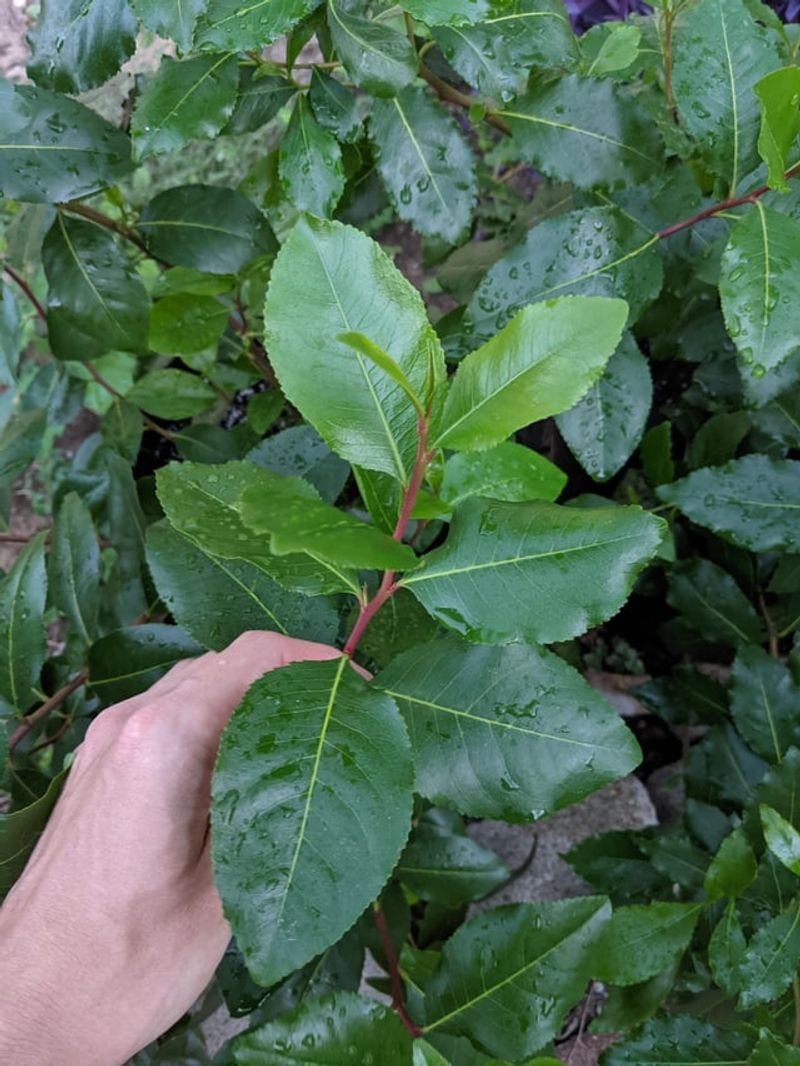
Khat leaves contain cathinone, a stimulant classified as a controlled substance in the United States. Louisiana law enforcement treats khat cultivation as seriously as other drug-related offenses.
This evergreen shrub grows well in warm climates, making Louisiana potentially suitable for cultivation. However, federal prohibition means growing khat can lead to arrest and criminal charges.
Some immigrants from regions where khat is traditional may not realize its illegal status here. Educating yourself about prohibited plants protects you from unintentional violations that could result in deportation or imprisonment for those unfamiliar with American drug laws.
6. Salvia divinorum
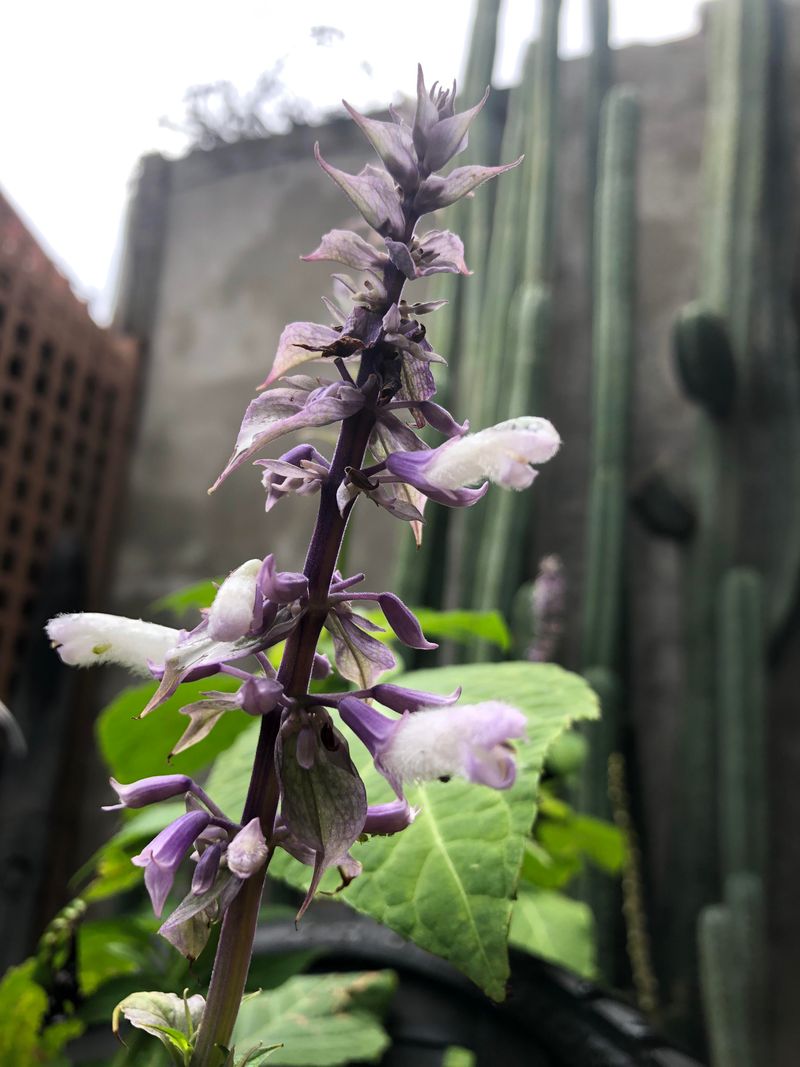
Louisiana specifically banned this psychoactive sage in 2010 due to its hallucinogenic properties. Unlike common garden sage, Salvia divinorum contains salvinorin A, which produces intense but brief altered states.
Possession and cultivation both carry legal penalties in Louisiana, though enforcement varies across parishes. The plant resembles ordinary ornamental salvias, but authorities can distinguish the species through laboratory testing.
Gardeners should verify they’re purchasing legal salvia varieties from reputable nurseries. Plenty of beautiful, legal salvias offer stunning flowers without risking fines or criminal records in Louisiana gardens throughout the growing season.
7. Invasive Cogongrass
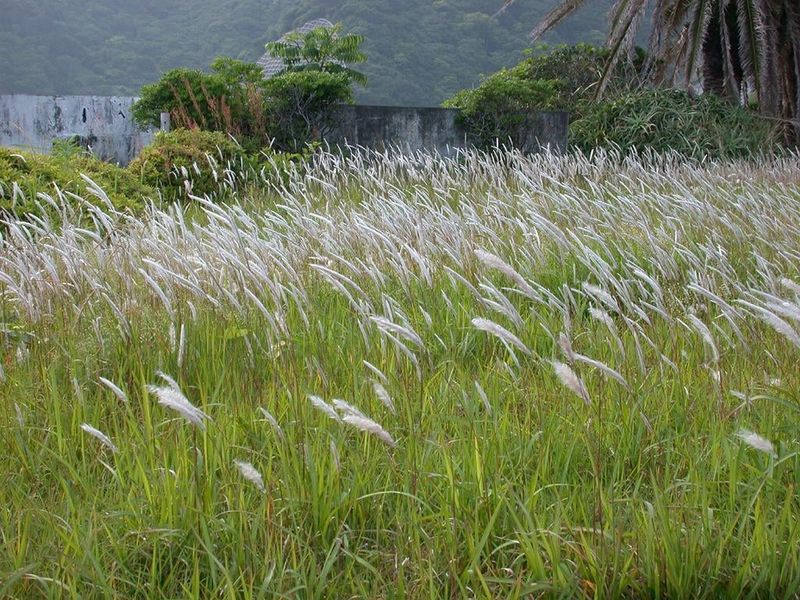
Louisiana law prohibits planting or distributing cogongrass because it devastates native ecosystems and agricultural land. This aggressive grass spreads rapidly through underground rhizomes, crowding out desirable plants.
Property owners must actively control and report cogongrass infestations to state agricultural authorities. Intentionally cultivating this invasive species can result in fines and mandatory removal at your expense.
The grass tolerates poor soil and spreads like wildfire across Louisiana parishes. Always check state noxious weed lists before introducing any ornamental grasses to ensure compliance with environmental protection laws throughout the region.
8. Water Hyacinth
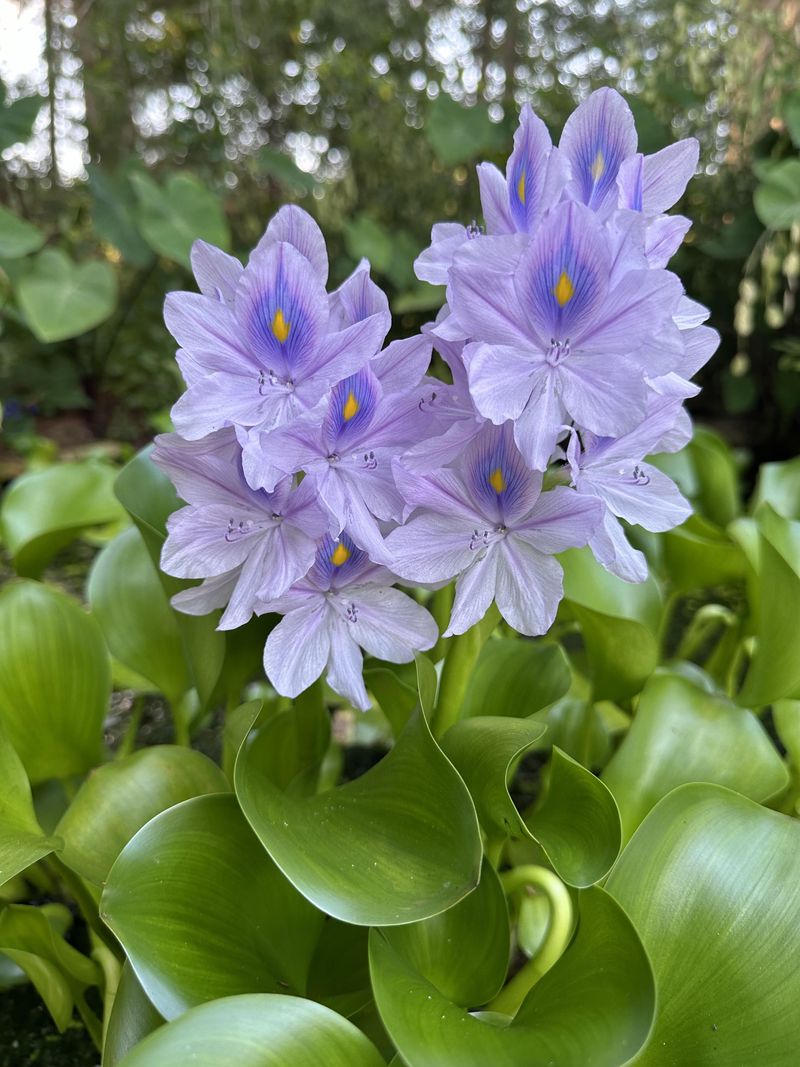
These pretty purple flowers might seem perfect for backyard ponds, but Louisiana bans water hyacinth due to its destructive impact on waterways. The plant reproduces explosively, clogging rivers and lakes throughout the state.
Cultivating or transporting water hyacinth violates state environmental regulations and can result in substantial fines. Louisiana’s warm, humid climate provides ideal conditions for this invasive species to escape containment.
Once established in natural water bodies, removal costs taxpayers millions annually. Choose native aquatic plants like Louisiana iris instead, which beautify ponds without threatening local ecosystems or breaking environmental protection laws.
9. Giant Salvinia
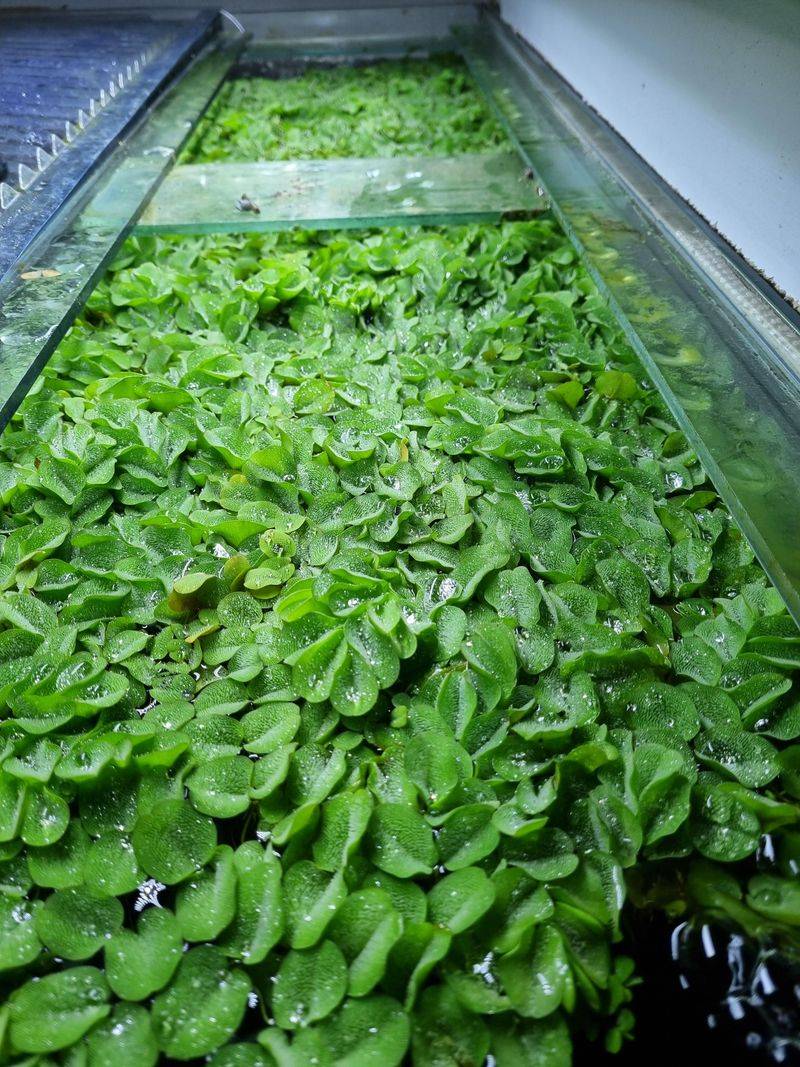
Louisiana strictly prohibits this floating fern because it forms impenetrable mats that suffocate aquatic life and block waterways. Giant salvinia spreads aggressively through Louisiana’s extensive wetlands and bayous.
State law requires immediate reporting of any sightings, and intentional cultivation brings serious penalties. The plant can double its coverage in just days under favorable conditions common throughout Louisiana summers.
Commercial nurseries cannot legally sell giant salvinia, but contaminated water garden plants sometimes accidentally introduce it. Always inspect aquatic plants carefully before adding them to backyard water features to prevent inadvertent violations of environmental regulations.
10. Chinese Tallow Tree
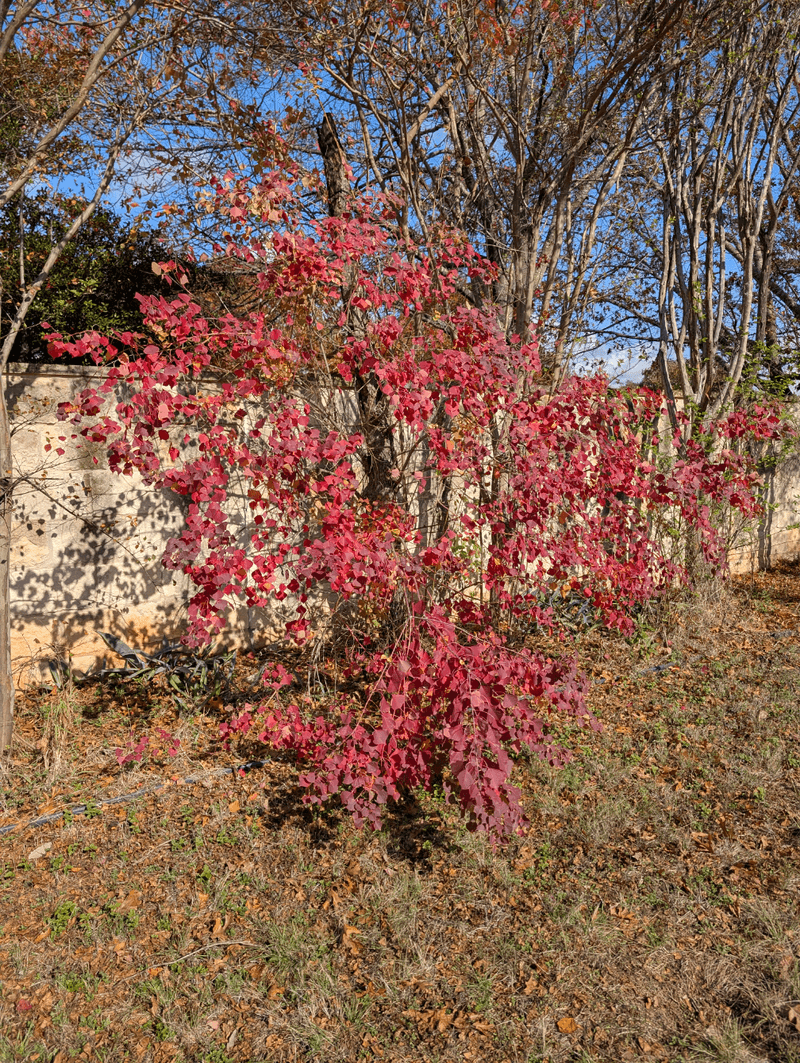
Louisiana classifies Chinese tallow as a prohibited invasive species due to its aggressive spread through forests and wetlands. The tree produces thousands of seeds that birds disperse widely across the state.
Planting or selling Chinese tallow violates Louisiana environmental laws and can result in fines. The species outcompetes native trees, reducing biodiversity in Louisiana’s precious bottomland hardwood forests.
Property owners must remove existing trees to prevent further spread into natural areas. Many beautiful native alternatives like sweetgum or tupelo provide fall color without threatening Louisiana ecosystems or violating state invasive species regulations throughout the region.
11. Alligator Weed
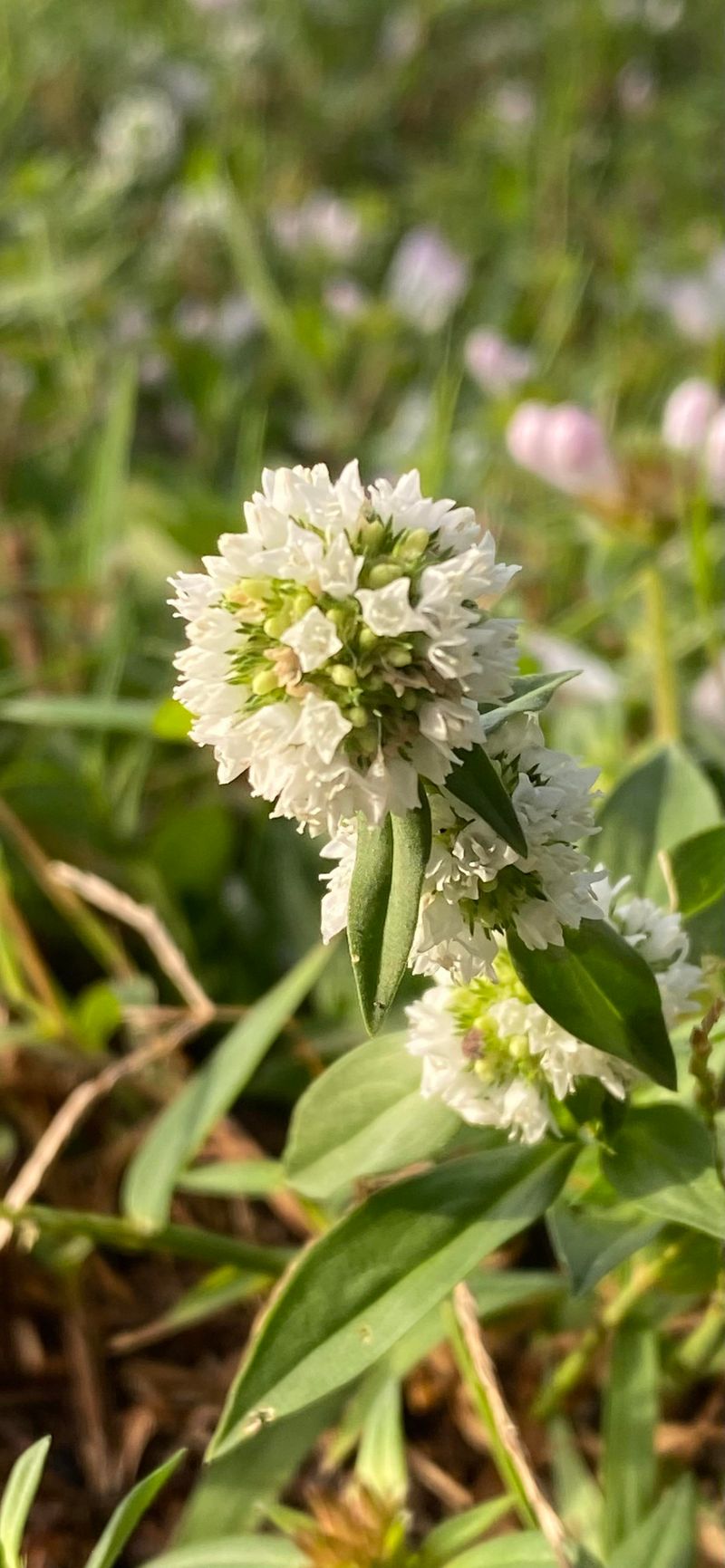
Despite its Louisiana-appropriate name, alligator weed is actually a prohibited invasive species throughout the state. The plant clogs irrigation ditches and waterways, causing significant agricultural and environmental damage.
Louisiana law forbids cultivating or transporting alligator weed, with violations subject to enforcement action. The species spreads through stem fragments, making containment nearly impossible once established.
It thrives in Louisiana’s warm, wet conditions, forming dense mats that exclude native vegetation. State agricultural officials actively monitor for new infestations and require landowners to control existing populations to protect water resources and farmland throughout Louisiana parishes.

